Did you catch my email about critical elements left out of how we all think and talk about “challenging behavior” in early childhood programs in 2024?
If so, it’s HERE.
Teachers today - at least in the U.S. - are charged with more responsibilities than ever before.
In early childhood these responsibilities can include:
assessing learning on specific outcomes using tools such as the DRDP, TSG, etc.
taking/uploading photos to document that learning (some Head Start/public school teachers do this 3x per year for up to 24 children on 47+ learning outcomes)
getting families to fill out the Ages and Stages Questionnaire (ASQ)
completing the ITRS, ECERS, or other classroom assessments (and making changes to the environment to go with them)
receiving a CLASS observation (a tool they often haven’t been trained in and they don’t necessarily see how it can be a useful assessment of their interactions with children)
meeting/coordinating with specialists and therapists when a child is receiving services
doing a required certain number of professional development hours
completing other paperwork for the district, state, QRIS, accreditation, etc
Certainly leaders who put these things in place were nothing but well intentioned and were working to improve quality in ECE by using or requiring them.
Plus, these are backed by research and it’s hard to critique any of them too much.
AND, this is asking A LOT from teachers. Like, a lot.
Not saying we shouldn’t have these things in place but I think it’s important to recognize that we are asking A LOT of today’s early childhood teachers.
And some of these teachers *are making minimum wage*.
In theory they may have non-ratio time to work on these things…but we all know how that goes.
So it’s a tough workload. As I think we all know. To say the least.
Why do I bring up assessments/paperwork in a conversation about children’s behavior?
Because, if we’re not grounding our approach to supporting teachers with behavior in a recognition of the larger context of their work…
…it’s tough to build rapport, gain trust, and let them know we GET IT enough to help them.
PLUS, “paperwork” is pulling them off the floor when we’ve told them “get on the child’s level”.
To effectively support teachers with behavior struggles we need to get on their level (the teachers’), and be LEADERS not just helpers when it comes to behavior.
What does it mean to a LEADER in your program when it comes to supporting teachers’ struggling with children’s challenging behaviors?
I’d love to hear your thoughts! Let me know in the COMMENTS below.

